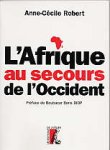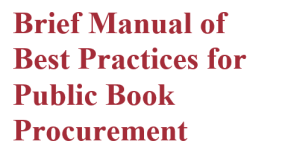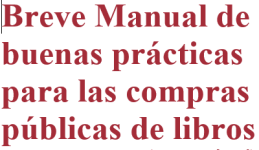
Au Nord comme au Sud, nous aimons les grandes villes, mais nous n’en aimons pas la violence. Une tendance lourde est d’en attribuer les causes aux habitants les plus pauvres, puis d’adopter, pour les combattre, des stratégies sécuritaires : nos sociétés se transforment vite en sociétés de la peur. L’urbanisme, déjà, divise l’espace en forteresses et bidonvilles. On ne peut pas continuer à penser l’urbanisation depuis les commissariats de police : une lecture alternative des phénomènes de violence et d’insécurité urbaines est nécessaire. Elle ne peut se faire qu’en les resituant dans le contexte de la violence de l’urbanisation et de la globalisation. En prenant en compte, aussi, le point de vue des pauvres et en privilégiant, d’entre les pauvres, les « méchants », les outsiders, les illégaux, les bandits, les membres des gangs.
Quand tout paraît fermé, la « vision du pauvre » ouvre des pistes pour une pacification des territoires urbains. Contre l’actuelle dérive sécuritaire, un dialogue créatif s’impose avec ceux que le pouvoir diabolise.
Ce livre s’adresse à tous ceux qui cherchent à saisir le sens de la ville, ceux qu’elle effraie et ceux qui l’aiment et ne veulent pas y renoncer, mais également aux habitants des quartiers extrêmes, même s’ils sont pauvres et « méchants », même si la ville les détruit plus qu’elle ne les protège. Pour reconstruire des villes habitables, il faut désobéir aux modèles.
Yves Pedrazzini est chercheur au Laboratoire de sociologie urbaine de l’École polytechnique fédérale de Lausanne, en Suisse. Dans le cadre du Programme national de compétences en recherche « Nord-Sud », il coordonne des travaux sur la violence et la sécurité urbaine en Afrique et en Amérique latine.
Date de publication : 2004




























